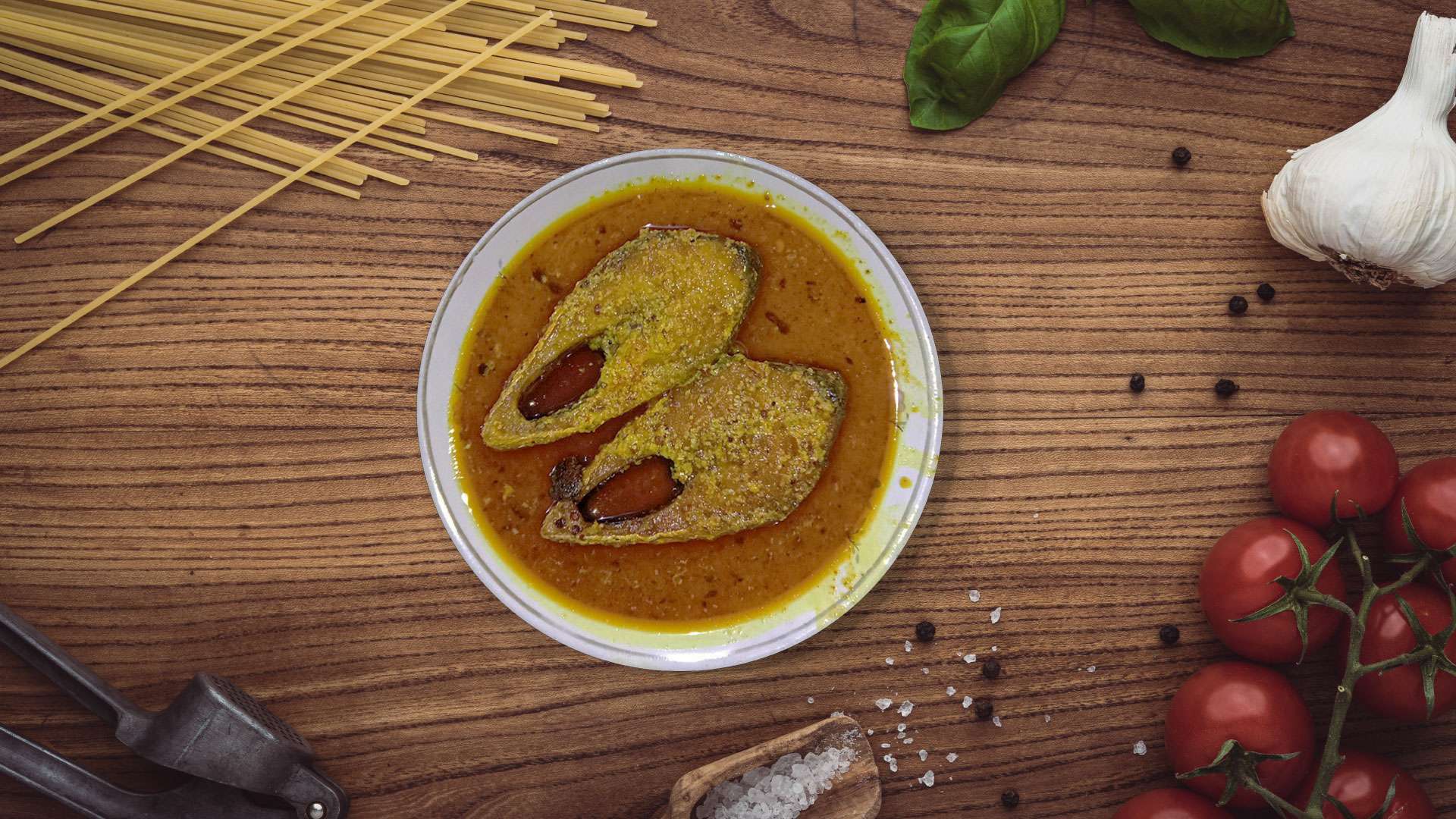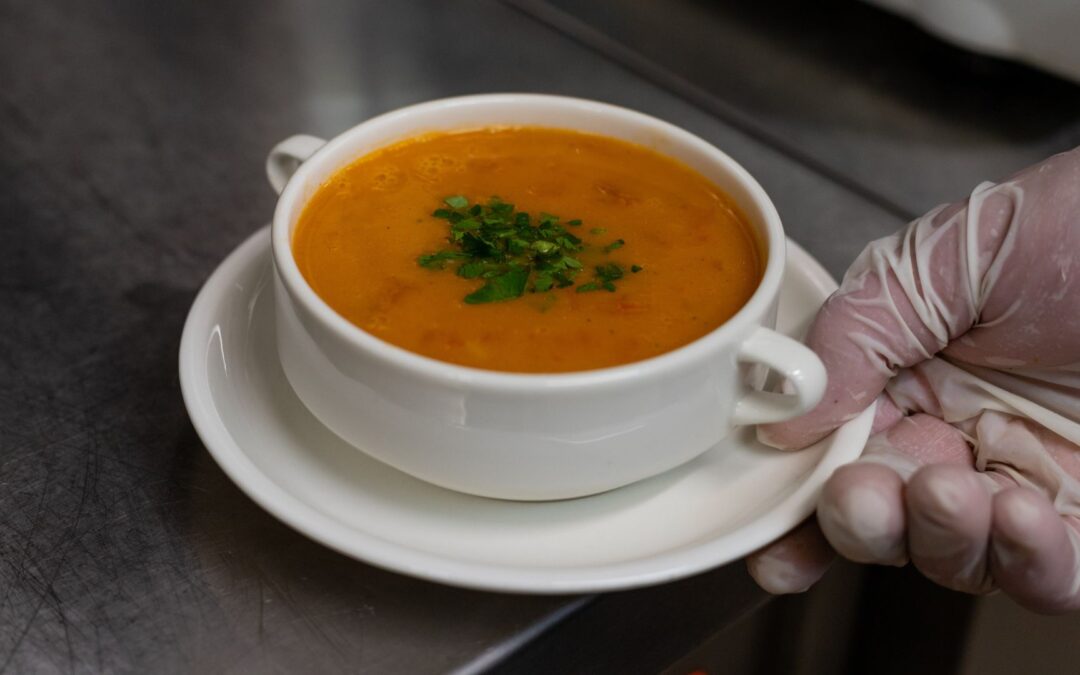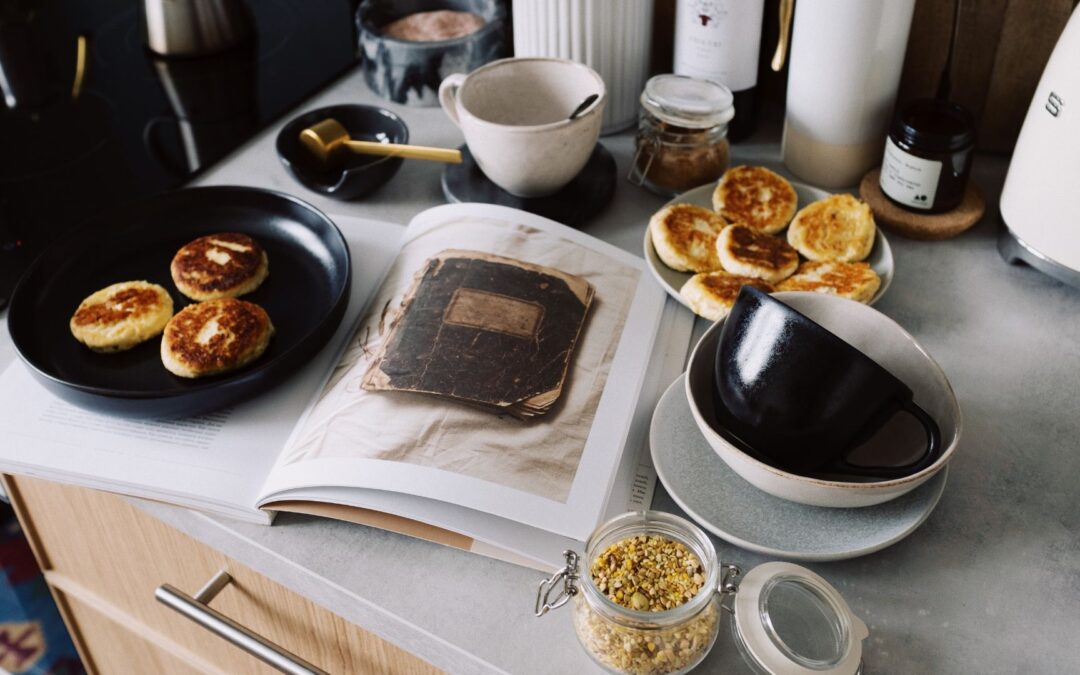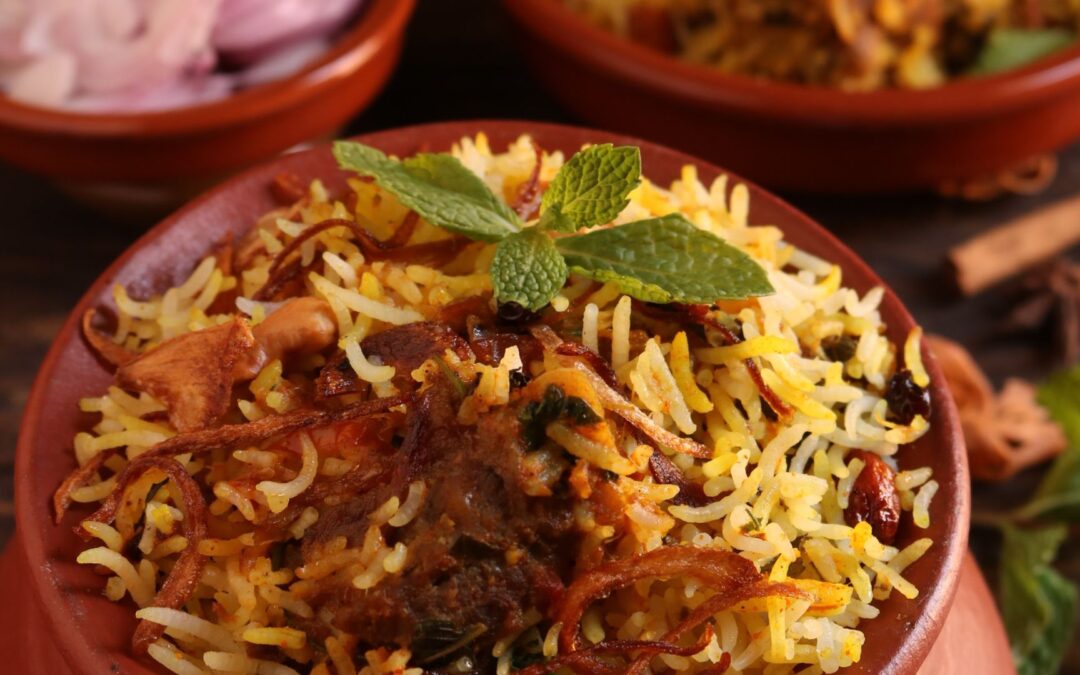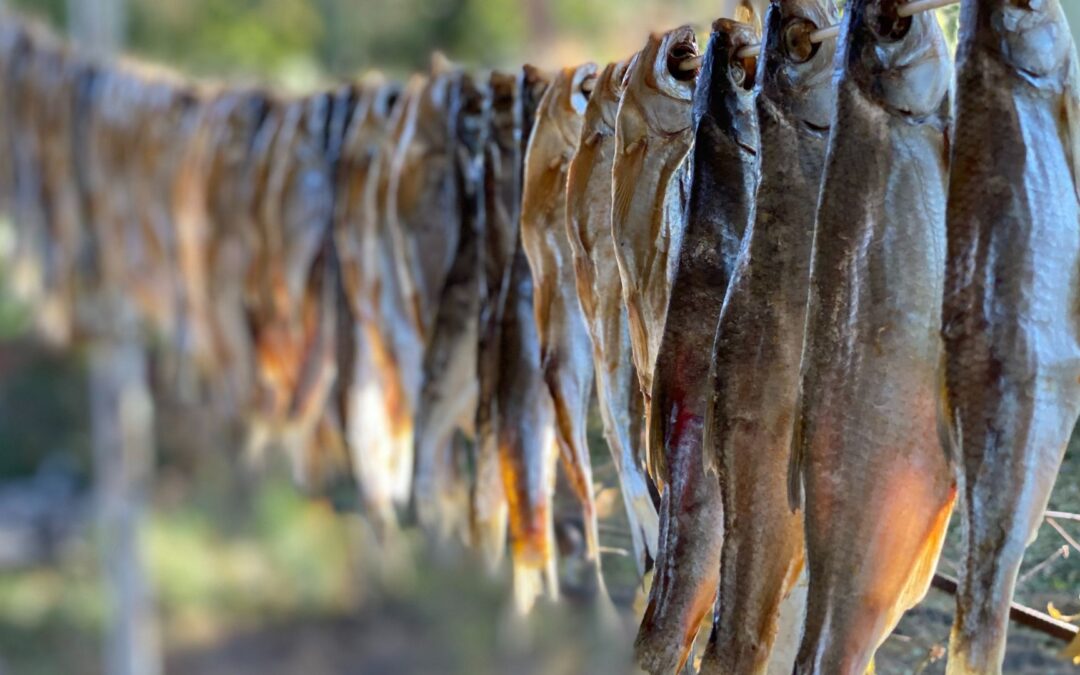There is a famous proverb that goes “Mach e Bhat e Bangali”. Fishes are a part and parcel of Bengali life. It is an integral part of the daily meal in almost every Bangladeshi house. Hilsha fish or ‘Ilish Mach’ is absolutely the favourite fish of Bengali people. It is considered an elite fish and this fish is also the national fish of Bangladesh. Bengali people call hilsha fish the ‘King of Fishes’.
‘Shorshe Ilish’ is the most common dish in any Bengali feast. The soft oily texture of hilsha fish and the strong flavour of mustard make the perfect mouthwatering traditional food. Surprisingly, female hilsha fish is tastier than male hilsha fish.
Normally hilsha fish is caught between February – March and August – October. Though now we can find hilsha fish almost the whole year. But during that time frame, we get fresh hilsha fish. Hilsha fish seems like a symbol of monsoon setting in. There are some rules to catch this fish.
Being a signature dish of our Bengali culture, almost every Bengali knows how to cook ‘Shorshe Ilish’. Especially when our mothers cook this dish, it seems the best ‘Shorshe Ilish’ we are having. It creates an emotional attachment instantly. At least I cannot resist myself when my mother cooks it on different occasions. Not only on special occasions but we enjoy this dish as a treat every now and then. We just need a reason to indulge in our all-time favourite Hilsha Dish ‘Sorshe Ilish’. Sometimes when it’s raining outside my mom cooks this item and surprises us. It becomes a happy moment for all.
All we need to make a delicious and traditional ‘Shorshe Ilish’ is mustard seeds, mustard oil, turmeric, green chilli, red chilli powder etc. Some people even add yoghurt and poppy seeds paste into it. It is often steamed on the stovetop or pressure cooker. You can use a microwave as well. Simple way or luxurious way, whatever it is Hilsha fish has its special magical taste. No one can resist having it.
From special occasions to a simple meal, this dish suits anytime anywhere. Sometimes, mood can be changed by the magical taste of it. Plain White Rice, Plain Polao, Special Polao, Khichuri, Panta (soaked stale rice into water) and other traditional items can go well with ‘Shorshe Ilish’.
Nowadays, many restaurants arrange ‘Shorshe Ilish’ on their regular menu, especially in Bengali restaurants to fulfil the regular demand. Somehow I feel, nothing can replace homemade ‘Shorshe Ilish’, it is the best item in its way. This traditional dish will always remain an essential part of Bengali culture and will carry its legacy for many more generations.

